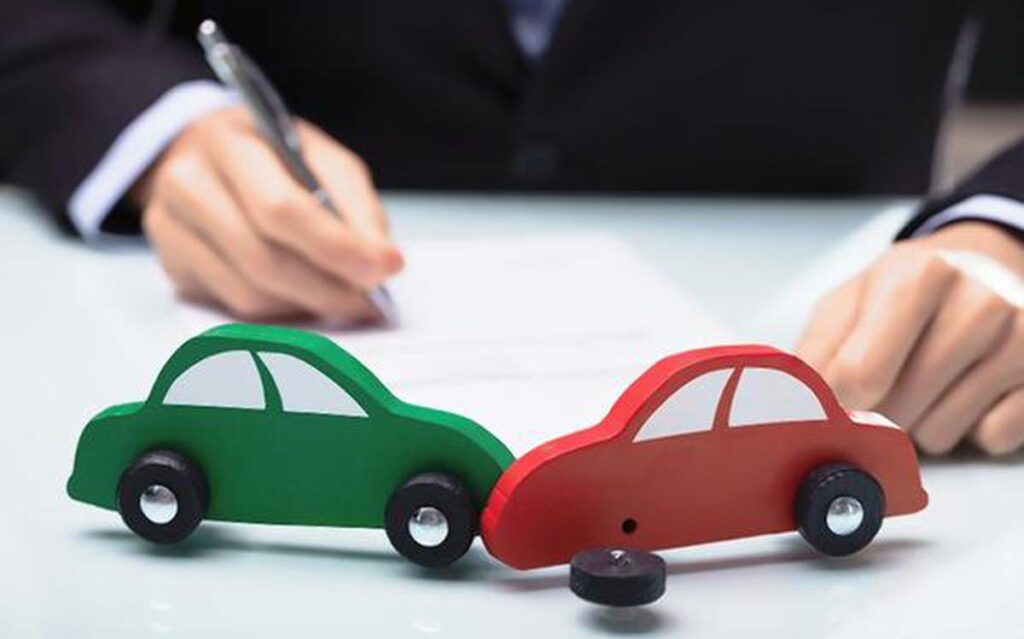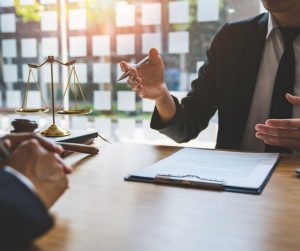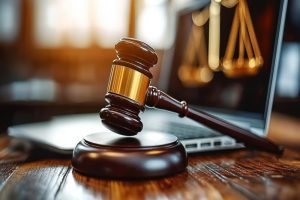
Depending on various circumstances, including which motorist is issued the penalty, a traffic ticket may help or damage your claim.
If you are injured in Toledo in a car accident, an attorney can help you seek the maximum compensation for your losses, such as medical expenses, lost income, and pain and suffering.
The following few paragraphs discuss the factors to consider when examining the impact of a traffic ticket on an accident claim.
When You Might Get a Ticket for an Accident
Violations of traffic laws often cause accidents, which usually result in tickets. Here are a few situations where you’ll probably receive a ticket:
- Police determined you were speeding – Witness statements, tire marks on the pavement, and the amount of damage caused by the accident could all be used to prove you were speeding.
- Rear-ending someone – You probably rear-ended someone because you were speeding or following too closely. Police regularly issue penalties for following too closely in this type of collision.
- A traffic law violation caused the accident – Some collisions, like head-on collisions on one-way streets, result from a driver breaking the law.
- Intoxication has been detected – If the police detect signs of intoxication after an accident, they may ask you to undergo a chemical test. You may be penalized and arrested for DUI if you refuse.
- It was exhibited that you were intoxicated or blew more than .08%. Having a blood-alcohol level above the legal limit or showing signs of intoxication or high may lead to an arrest.
How to avoid a traffic ticket after an accident?
Following a collision, it is often safe to speak with the cops. If you were involved in a minor crash and believe the other motorist is to blame, it may be beneficial to give your side of the story. However, there are times when you should limit your talk or responses to the cops. You may not want to give the police a complete account if you believe you may have caused the collision.
According to the law, all you have to offer the cops is your name, driver’s license, vehicle registration, and evidence of insurance. The individual has the right to refuse to answer further questions or make a statement to the police.
You are never obligated to give the police your entire statement. You can avoid a ticket by limiting your talk, but an officer won’t need your statement if the evidence is against you.




